Are you tossing and turning at night? Waking up feeling tired?
I’m excited to share a skincare herbal remedy that can help you to create a supportive routine, that will help you release stress and tension in your body. And, incorporate specific herbs that help you to get the rest you need.
And remember, there is a season for everything. You won’t feel tired forever – trust in your body, the messages its sending you right now. And take the teachings from herbs that support and remind the body how to access more calm, balance and energy within you.
In this article, we’ll talk about:
- Sleep + Nervous System Connection
- Bathing for Sleep
- External use of herbs for sleep
- Using Tinctures in the Bath
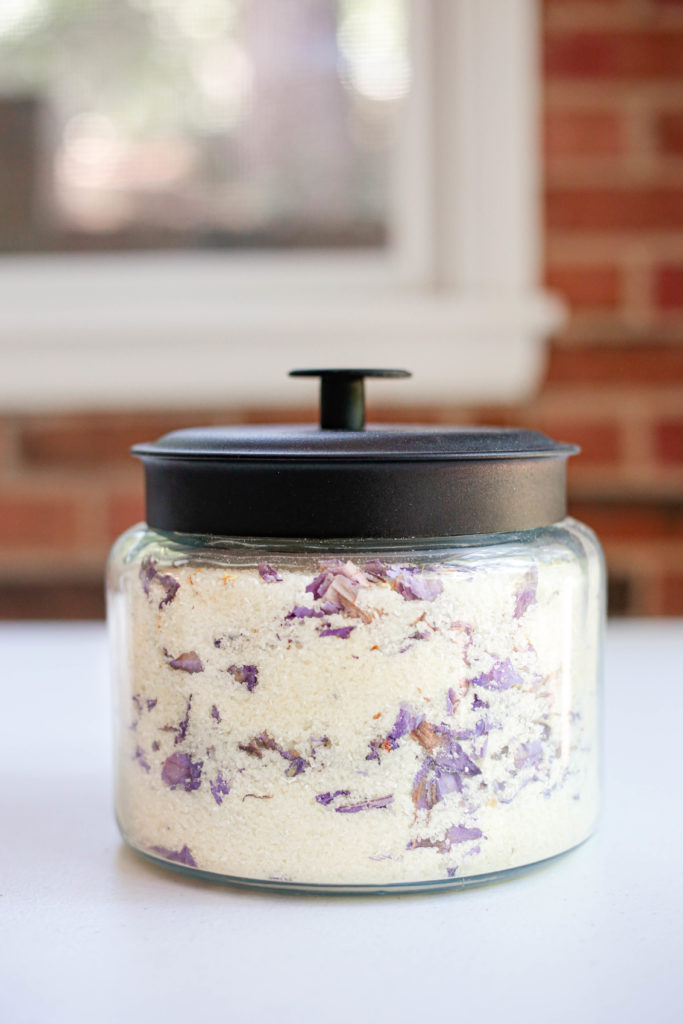
Sleep + Nervous System Connection
There’s an important connection between the state of your nervous system – the stress in your body – and your ability to get deep restorative sleep. If you are in a constant (even if low-level) state of stress, it takes a toll on the nervous system – and it shows.
Your sympathetic nervous system switches on and a whole cascade of effects sets into motion.
One of the physiological effects of stress – is that it makes the muscles contract. It’s a natural reflex, to protect the body from injury. But, when you experience prolonged stress, the body holds physical tension.
You might realize that your breathing has been shallow, not deep. Sometimes you might even realize that you’ve been holding your breath. You feel tension in your shoulders, your back… you feel like you’ve been contracting, closed up in a protective way.
And all of these physical cues inform the brain that there is still danger…
The body needs to feel safe to get into a state where you can access deep, restorative sleep.
So, when you’re not able to self-regulate, and bring your body back into a state of rest and restoration – it means your nervous system is stuck in this state of hyperactive awareness. It’s more sensitive, more reactive. Anxious thoughts course through your mind…
And this impacts your ability to get the sleep that you need.
There are relaxing herbs that can support the nervous system and promote relaxation. But ultimately, sleep disturbances are a signal that you need to address what’s at the root of the stress.
Self-exploration is a big part of skincare herbalism. Creating the opportunity in your daily routine – to connect with your body and notice.
What parts of your body are asking to be nurtured right now?
What are the things that give you energy?
What are the things that drain your energy?
Where do you need to create more boundaries around time and your energy?
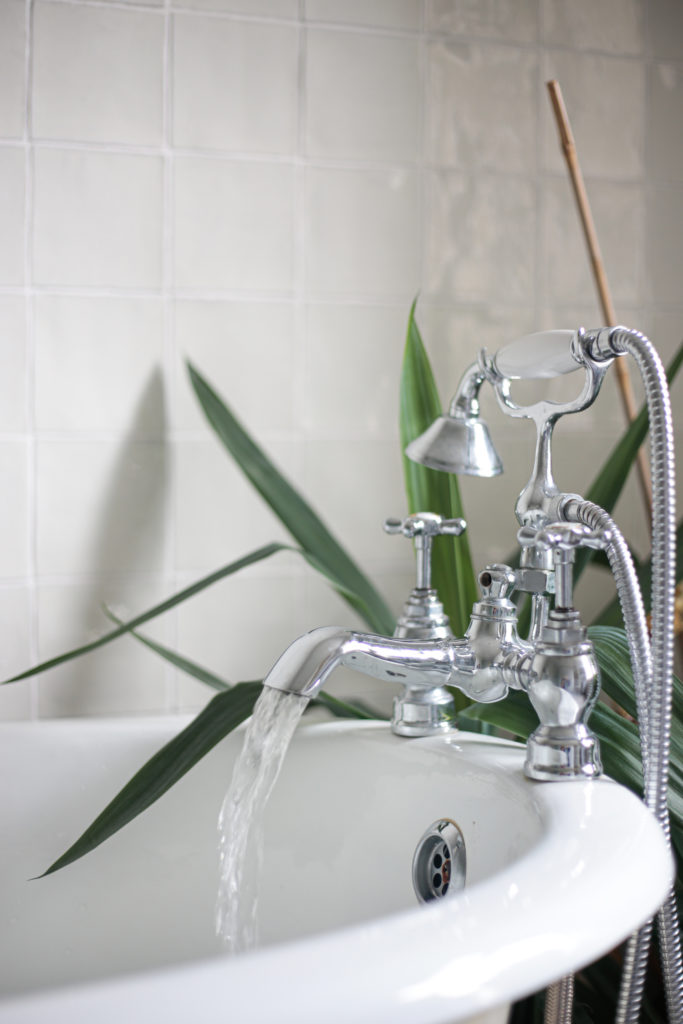
Bathing for Sleep
As a skincare herbalist, I often recommend making an herbal bath soak to help with stress, and sleep disturbances. And even if you don’t have a bath – simply doing a footbath can greatly influence the way you feel in your body.
Bathing, or hydrotherapy, is a calming activity that informs the nervous system you are safe and sound. The parasympathetic system switches on – you can rest, restore and sleep.
It’s always a good idea to add herbs to your bath, because your skin, body and mind is so open and receptive to receiving the herbal benefits. In the warm water, your pores open up – and its a wonderful opportunity for deep healing. Herbs elevate the benefits of bathing – and when it comes to sleep – we can use our relaxing, sedative, soothing herbs in the bath.
As you soak, you might also enjoy a cup of tea, or take a tincture in a glass of water – to stack those benefits inside and out!
- Notes: Internal Recommendations
- Herbal Tea: Make a blend at home, 1 tbsp Passionflower + 1 tbsp Blue lotus or Chamomile. Or your favorite nighttime tea blend (click link)
- Tinctures: Passionflower by Herb Pharm (click link), Anxiety Soother and Relaxing Sleep by Herb Pharm (click link)
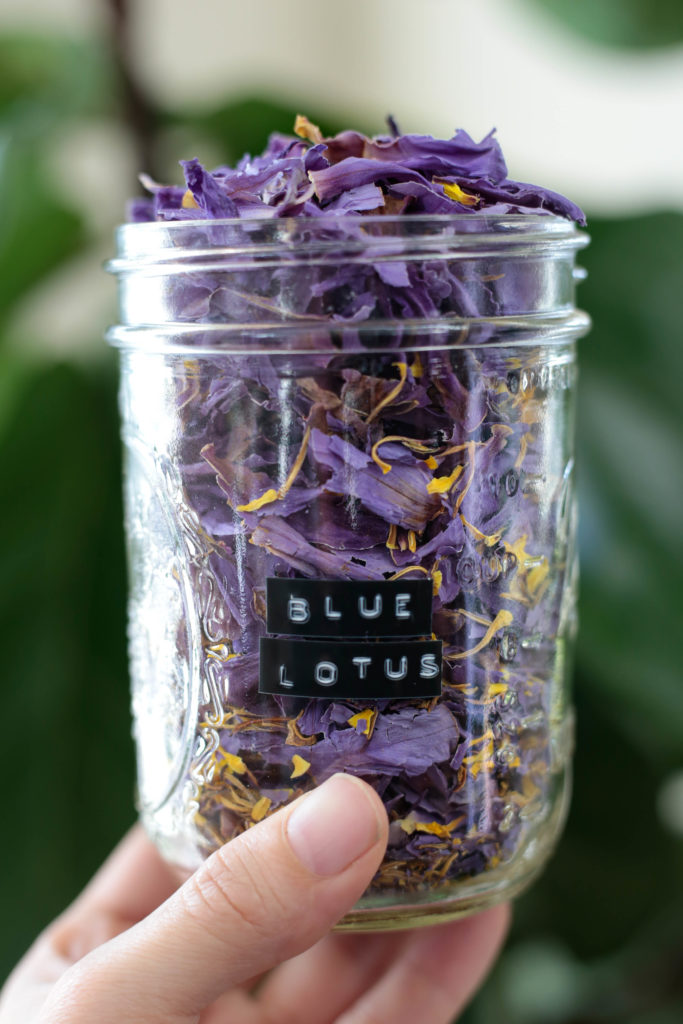
External use of herbs for sleep
This bath features a blend of herbs that work together to release tension, soothe the body and ease the nervous system into a state of rest.
GINGER POWDER: A warming herb, that promotes circulation, flow and melts away tension. In my book, Natural Homemade Skincare, I share a recipe using mustard powder, for the same effect – but I think ginger pairs well with the other herbs in this blend.
.
The bath salts will have a pungent, cozy, gingery aroma – especially if you use fresh ground ginger. I recommend that you dehydrate slices of fresh ginger at home. And blitz it to create you own, super potent and fresh ginger powder. It’s worth the effort.
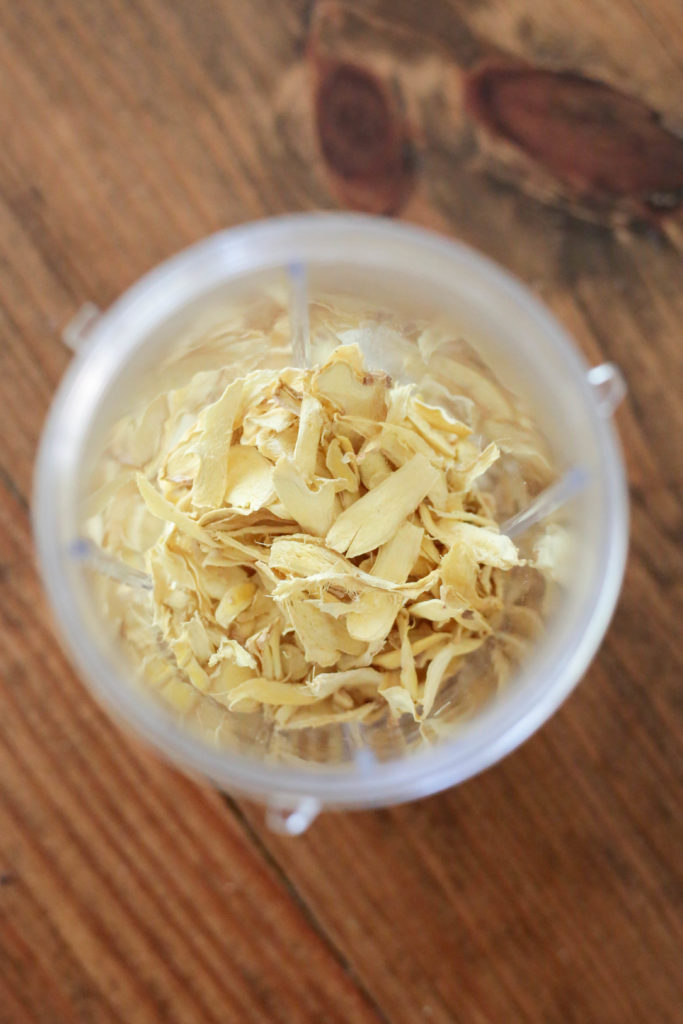
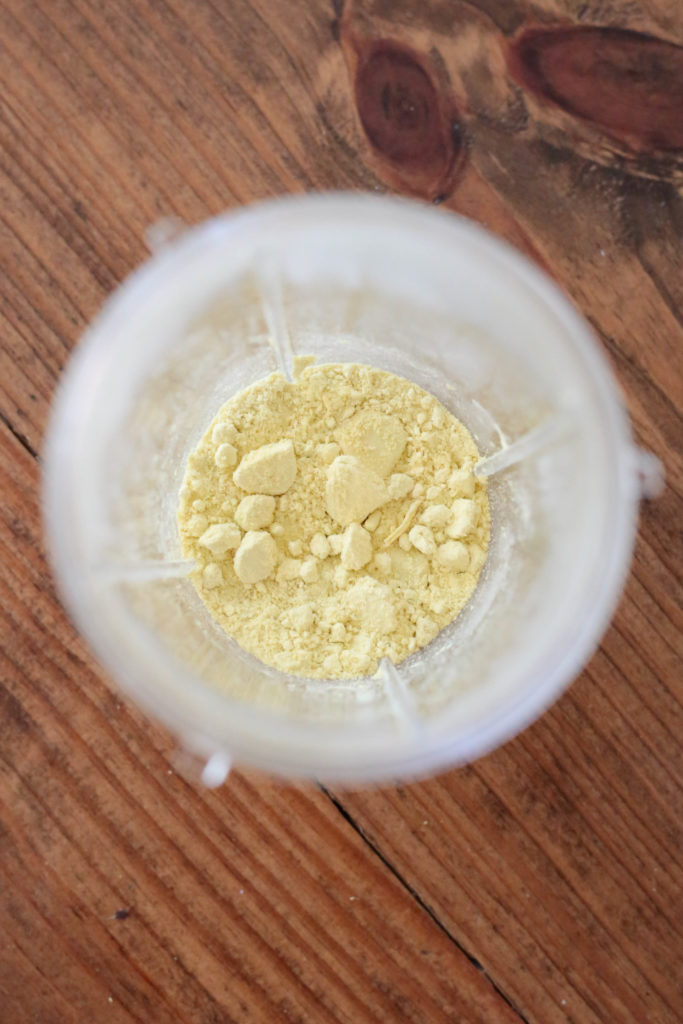
PASSIONFLOWER: used to relax the nerves, and promote sleep. Passionflower is a cooling herb, it relieves hot, physical and emotional inflammation. Externally, passionflower is used for its analgesic (pain relieving), antispasmodic (relieves muscle spasms), and anti-inflammatory benefits. It’s important to remember, when the skin feels calm, and soothed – this communicates a message of wellbeing to the nervous system.
KAVA KAVA: A traditional drink of the islands of the South Pacific, it has a long history of use as a ceremonial drink. Kava is a mild narcotic and sedative – you feel serene and calm. It’s often recommended for those who experience social anxiety.
Externally it has been used to support skin healing. Kava Kava is my go-to in the bath for deeply relaxes muscles, aches and tension. It relaxes smooth muscles, works on nerve pain, headaches and body aches.
Kava kava is a root, which would need to be decocted. Which is why I like to use the tincture form in the bath…
- Cautions: Both Passionflower and Kava Kava are not recommend for use during pregnancy. Although, this more so refers to internal use, I also recommend the same cautions for external use. In general, when pregnant always consult your doctor before using herbs.
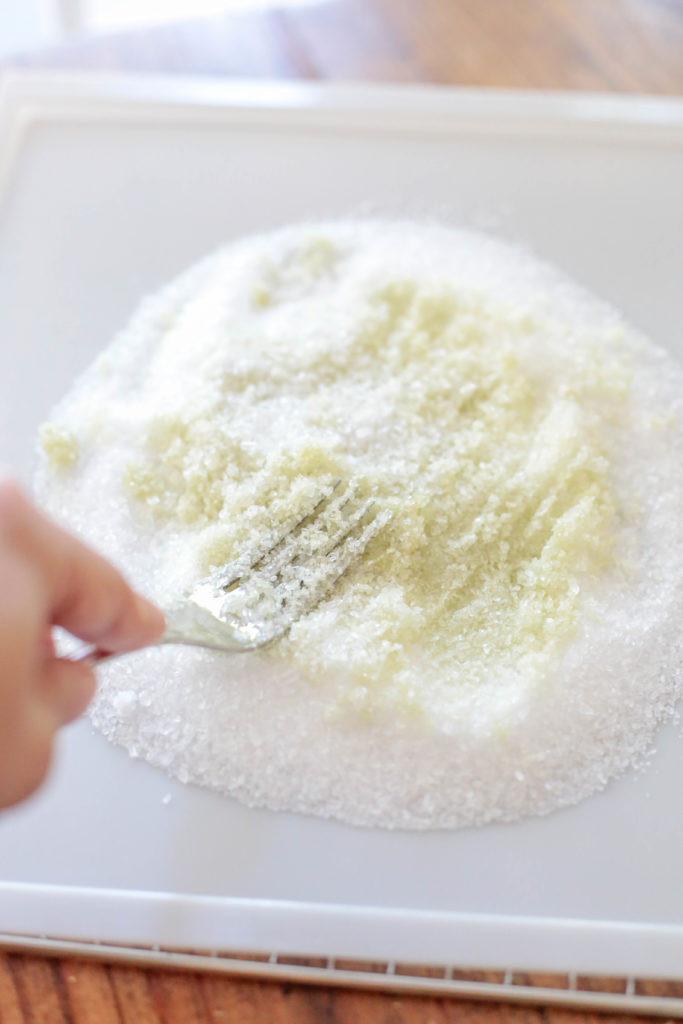
Using Tinctures in the Bath
If you enjoy adding herbs to your bath, using the tinctured version of an herb – elevates the effects. Any herb that you would brew into a tea and add to the bathwater – you can use in its tinctured form for the bath.
The first time I used tinctures in the bath, was a Kava Kava tincture (click link) to help with neck pain. And with just one tinctured bath – I felt so much relief!
What is a tincture? A tincture is a concentrate herbal preparation, most often made with alcohol as the solvent, sometimes with glycerine added. Its very potent – one dropper full of tincture equals about 3 cups of herbal tea.
You can add herbal tinctures directly into the bath water. And you can infuse tinctures into Epsom salt – which is what I’m doing in the photo above.
You simply need to add the tincture to the Epsom salt, and then dehydrate it to remove the water. Its a good idea to pre-make a big batch of salt baths, and then use it as needed.
Good Night Tinctured Bath Salts
Makes 8 cups. Use 1 cup per bath.
Ingredients:
- 4 dropper fulls of Kava Kava Tincture
- 4 dropper fulls of Passionflower Tincture
- 8 Cups Epsom Salt
- 1/4 cup dried ginger powder
- 1/4 cup dried Blue Lotus flowers (source)
- 1-2 tbsp plant oil (jojoba, sunflower, almond…)
- 80 drops Green Mandarin essential oil
Method:
- Prepare the ginger powder: I highly recommend preparing your own ginger powder. It will be more potent, more fragrant. Thinly slice fresh ginger, lay flat on dehydrating sheet. set to dehydrate for 3-4 hours at 120. If you do not have a dehydrator, use the oven at the lowest setting, with the door left cracked open. Once fully dry, place in the blender and blitz to a powder.
- Prepare the tinctured salt: take 1 cup of the epsom salt, and add the kava kava and passionfruit tincture. Stir well to combine. Lay the damp, tinctured salt flat on a dehydrating sheet, set to dehydrate for 1-2 hours at 120. If you do not have a dehydrator, use the oven at the lowest setting, with the door left cracked open.
- Mix the oils: In a small bowl, combine the essential oil into the carrier oil. Stir well.
- Combine ingredients: In a large bowl, combine the epsom salt, tinctured salts, and the oil. Stir very well to combine evenly. Add the ginger powder and dried petals.
- Notes:
- The Blue Lotus petals add beauty to the bath salts. I believe strongly in the healing of beauty – especially for anger and frustration. It also has a connection to peaceful qualities. You can use lavender, or chamomile flowers. When using whole dried herbs in the bath, it’s a good idea to use a little bag (click) so it doesn’t clog up the drain.
- 80 drops of essential oil is for 8 baths worth of salts. It’s recommended to use no more than 10 drops of essential oil per bath.
- I like Green Mandarin essential oil, its sweet and relaxing – fruity but grounded. Other relaxing esssential oils: lavender, clary sage, sweet orange, bergamot, frankincense
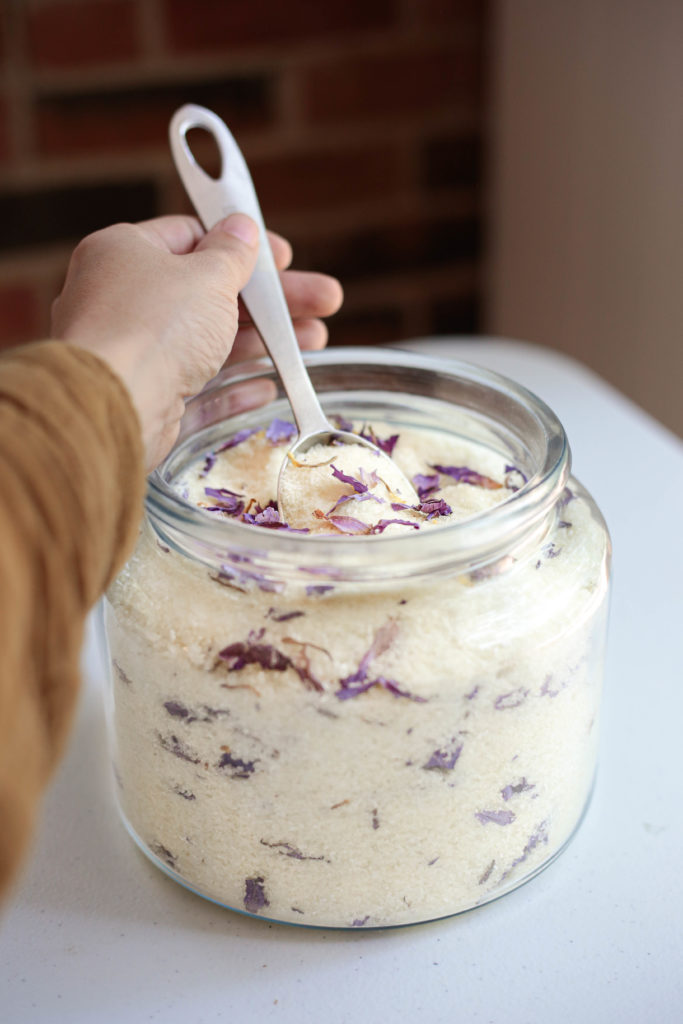

2 responses to “Good Night Tinctured Bath Salts”
Hi! I have never thought about using tinctures in the bathtub! What a concept! I think that one would be able to infuse lots of different tinctures in salt, what other tinctures do you use? Do you ever use different salts? Thanks for the recipe! This is going in my DIY recipe box RIGHT NOW!
So need this right now and will try to add lavender (my favorite scent) and green mandarin as you have suggested. Have been waking up feeling so tired so this is just perfect!